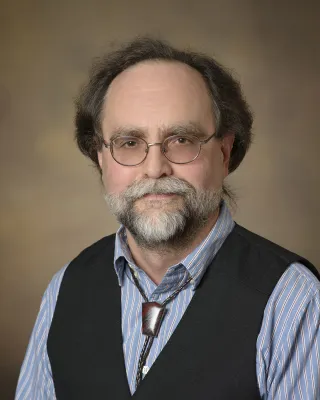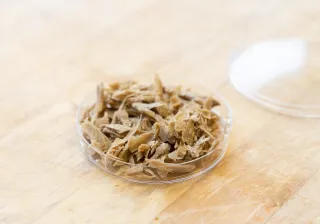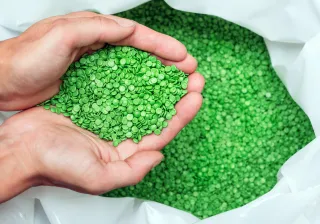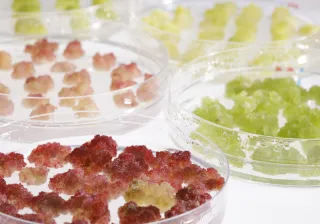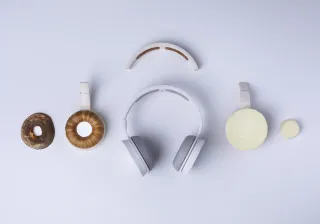Istvan Molnar’s goal at VTT is to have microbes produce new types of functional foods as well as biomaterials to replace fossil-based materials, such as plastics and dyes. He aims to combine his experience in synthetic biology with VTT’s process development skills in industrial biotechnology.
“It is fantastic to see how microbes, such as bacteria, algae and fungi, can be used as cellular factories to produce drugs, foods or other valuable chemicals in a laboratory. But to really make a difference, we need to scale up the production from grams to tons and make the process economically feasible. This is the main challenge now in synthetic biology, and this is what I came to work with here at VTT,” says Istvan Molnar two weeks into his new job as Research professor in Industrial Biotechnology at VTT.
Dr. Molnar says that one of the reasons he was attracted to working at VTT was the Research Centre’s proven expertise in the development of biotechnological processes and industrial-scale synthetic biology. He saw a chance to combine these skills with his own expertise and broad experience in synthetic biology. Dr. Molnar has worked in the field for more than three decades both in academia and industry, his latest position being Professor at the Southwest Center of Natural Products Research at the University of Arizona in the United States.
“I have had the chance to participate in a major development leap in the field of synthetic biology. When I started my studies, microbes were being used to produce the same chemicals they naturally make, such as antibiotics. However, the focus has shifted in the last decade towards creating completely new chemicals by reprogramming the genomes of microorganisms. This offers huge opportunities to almost any industry producing chemicals or materials to adopt bio-based, sustainable production processes supporting a circular economy.”
Using microbes to make or break biomaterials
At VTT one of Dr. Molnar’s goals is to develop functional foods as well as biomaterials which could eventually replace fossil-based materials, such as plastics and dyes made of oil. Besides using microbes to produce new chemicals and materials, Dr. Molnar is also interested in microbes that can transform harmful waste into safe and useful chemicals.
“I like the fact that VTT focuses on practical solutions that can make the planet a better place. VTT is also known for its collaborative culture, and I look forward to participating in it. My task is, among other things, to provide a broad perspective and come up with new ideas to complement our research focus. As a research professor, I also see myself as a consultant to our scientists as well as customers.”
Istvan Molnar
- Work: Research Professor in Industrial Biotechnology at VTT in Finland (2022–), University of Arizona (2004–2022), Syngenta, Novartis, Cambridge University
- Education: Ph.D. at Hiroshima University, Japan; M.Sc. at ELTE University, Budapest, Hungary
- Family: Wife working as Research Technician at VTT in Finland and two grown children in the US
- Hobbies: reading novels and listening to music, especially progressive rock
